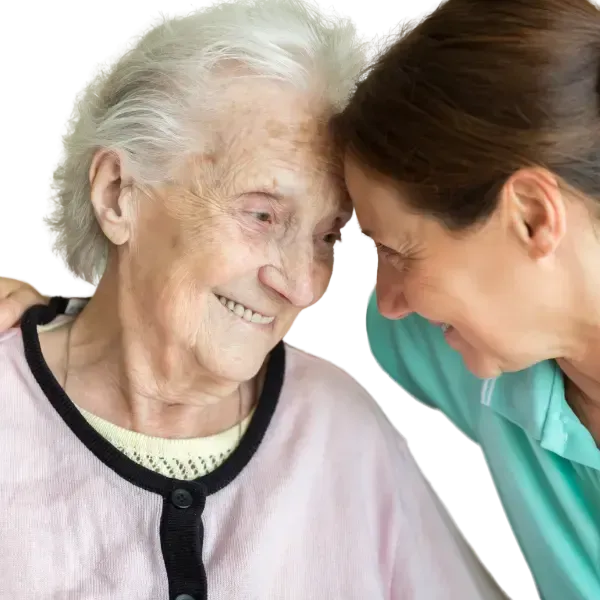How to Prevent Hospital Readmissions After a Fall or Illness
A hospital stay can be stressful for seniors and their families, but what happens after discharge can be even more critical. Many older adults are readmitted to the hospital within 30 days, often for reasons that could have been prevented with the right care plan at home.
Preventing hospital readmissions is not only about recovery, it is about safety, consistency, and communication. Here are some proven steps families can take to help their loved one stay healthy and comfortable after coming home.

1. Understand the Discharge Instructions Completely
Hospital discharge papers can be confusing. They often include new medications, follow-up appointments, and activity restrictions.
What to do:
Ask the nurse or discharge planner to explain the care plan before leaving the hospital.
Write down medication changes and when to take each one.
Confirm which symptoms mean you should call the doctor or return to the hospital.
Having everything in writing helps prevent misunderstandings once your loved one is home.
2. Schedule Follow-Up Care Immediately
Delaying a follow-up visit increases the chance of complications. Hospitals often recommend a checkup within 7 days of discharge, but many families forget to schedule it.
What to do:
Call the doctor’s office before your loved one leaves the hospital.
Bring all medications to the appointment for review.
Ask about physical therapy, diet, and activity levels to make sure recovery stays on track.
Timely follow-up care helps catch small issues before they become serious.
3. Watch for Early Warning Signs
Many readmissions happen because subtle symptoms go unnoticed. Common red flags include increased fatigue, poor appetite, confusion, or swelling.
What to do:
Keep a daily log of your loved one’s energy, appetite, and mood.
Weigh them at the same time each day if they have a heart condition.
Report even small changes to the doctor.
Early intervention is one of the best ways to prevent a return to the hospital.
4. Review the Home Environment for Safety
Falls are one of the leading causes of hospital readmissions among seniors. A few simple changes can make home recovery much safer.
What to do:
Remove clutter, loose rugs, and cords from walkways.
Install grab bars in bathrooms and non-slip mats in the shower.
Make sure lighting is bright and easy to access at night.
Keep frequently used items within easy reach.
A safe home environment reduces accidents and supports independence.
5. Get Help With Daily Care
After a hospitalization, even basic activities like bathing, dressing, or preparing meals can be exhausting. Trying to handle everything alone increases stress for both you and your loved one.
What to do:
Arrange temporary or part-time caregiving help to assist with daily tasks.
Use a trusted referral service like CareMatch Services to connect with experienced caregivers who can monitor recovery and provide companionship.
Consider short-term shifts for medication reminders, mobility support, or transportation to follow-up appointments.
Having help at home ensures your loved one rests, heals, and avoids preventable setbacks.
Final Thoughts
Hospital readmissions are often preventable with proper planning, communication, and support.
By staying organized, following up with doctors, and ensuring the home is safe, you can give your loved one the best chance for a smooth recovery.
If your family needs help after a hospital discharge, CareMatch Services can connect you with trusted caregivers who provide affordable, flexible in-home support so your loved one can heal safely at home.


